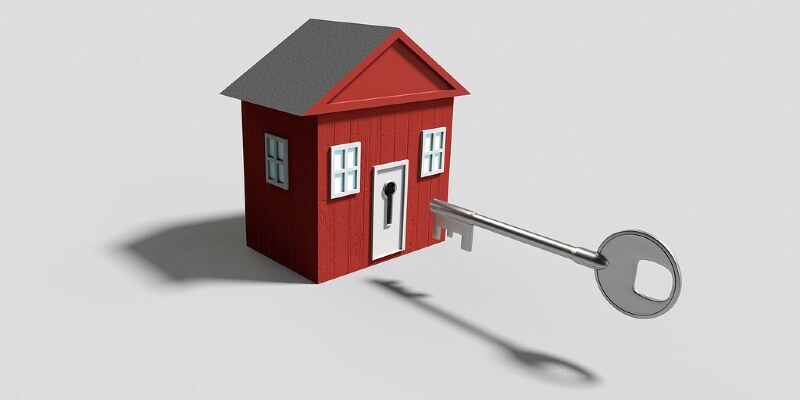Define Conventional Mortgages
When purchasing a home, most buyers want third party financing to complete the purchase. Mortgages can either be government-backed or conventional. Certain government agencies like the FHA and VA guarantee or guarantee government-backed mortgages. The FHA insures mortgages provided by private creditors, and the VA guarantees loans made to members of the military. Conventional mortgages are such not insured or guaranteed by any government agency.
Identification
Conventional mortgages are available to anyone that satisfies the lending standards. It is more difficult to qualify for a conventional mortgage than a government-insured loan since the credit guidelines are far more stringent. Most conventional loans are usually bundled to together into investment packages and offered on the secondary market to institutional investors like insurance companies and government agencies such as Fannie Mae.
Qualifications
Lenders look at several variables to qualify you. Although you can qualify for a conventional mortgage with a minimum score of 620, to find the best speed, your score has to be at least in the low- to mid-700s. Additionally, many lenders require specific credit score ratios. Your housing ratio is your mortgage payment, which includes the principle, interest, insurance and taxes divided by your gross monthly income. Lenders like to see that this ratio at 28 percent. The next ratio is your total revolving debt, such as credit card and car payments, and your housing expense divided by your gross monthly income. This ratio should be about 36 percent.
Terms
Traditional mortgages usually have either a 15-year or 30-year term. Additionally, fixed interest rates are typically the standard. With a fixed interest rate, the interest rate on the mortgage is identical for the whole term. Some lenders also provide an adjustable interest rate using a conventional mortgage. Usually, with the flexible interest rate option, you are provided an initial lower interest for a set period, and the interest rate will adjust, usually upward, after that period. Additionally, with conventional mortgages, lenders require a 20 percent down payment. With conventional mortgages, lenders usually require borrowers with a down payment of less than 20% to pay private mortgage insurance, or PMI, which insures the mortgage against reduction.
Interest Rate
The interest rate that a lender offers you on a conventional mortgage depends on your credit score and what loan application you are eligible for. More than government-backed loans, conventional loan interest rates are closely tied to your borrower’s credit score. Conventional guidelines are put up so that a borrower with a FICO score of 720 and above can be eligible for the best interest rate. As your score drops below 720, the speed can increase by 1 to 2 percentage points, and assorted fees could be inserted, significantly increasing the cost of the mortgage.
Considerations
Before applying for a mortgage, make sure that you realize the differences between government-backed mortgages and conventional mortgages. Since conventional mortgage interest rates are driven by credit scores, so make certain your credit is very good to excellent, so you are eligible for an inexpensive rate. Also, it’s important to make certain you have access to cash for a sizable down payment.
